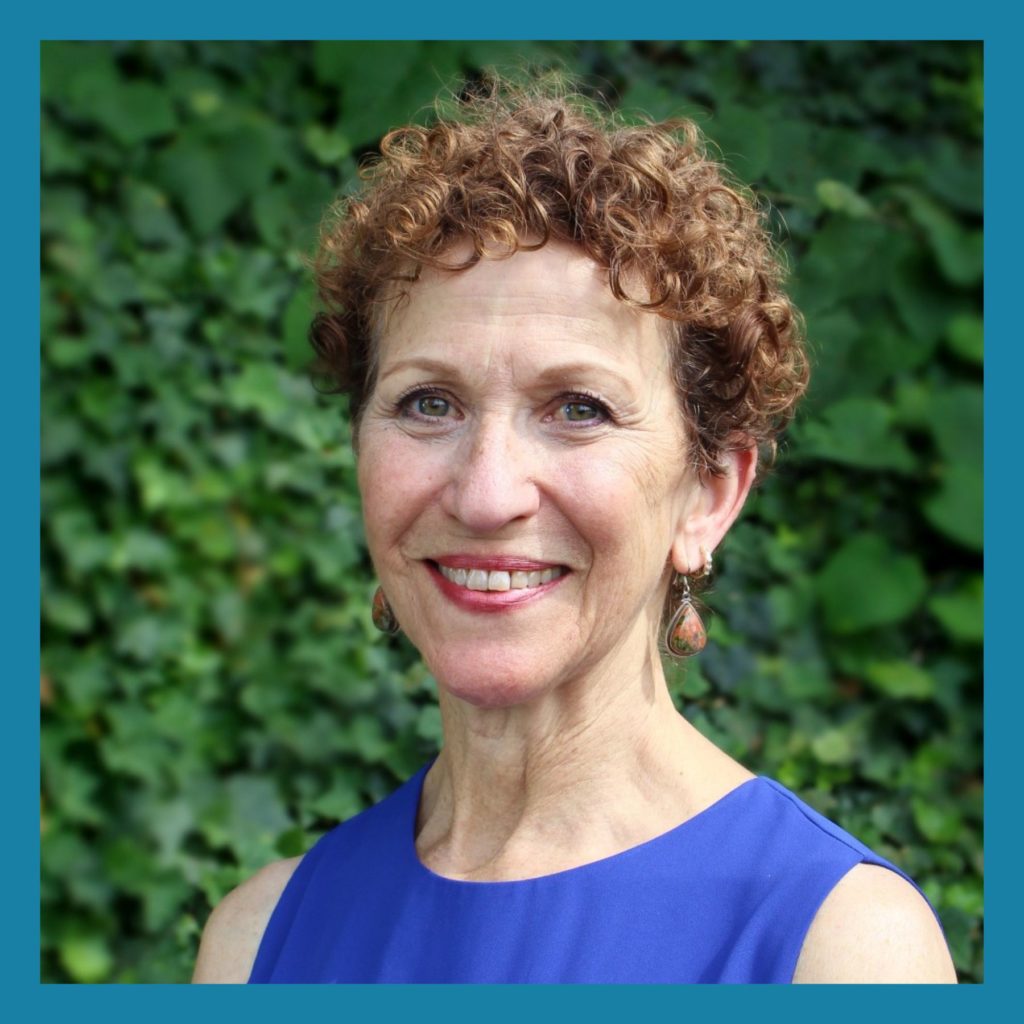Revisiting Moral Courage as an Educational Objective
Revisiting Moral Courage as an Educational Objective
Dr. Catherine Caldicott’s invited commentary, “Revisiting Moral Courage as an Educational Objective,” was recently published online ahead of print in Academic Medicine, the journal of the Association of American Medical Colleges. Below, Dr. Caldicott discusses her commentary and the connection she drew between moral courage and clinician remediation.
PBI Education faculty bring to their teaching deep and broad expertise from careers such as regulator, clinician, and educator. I entered the world of remedial education via academic ethics teaching and scholarship. Recently I had the honor of being invited to write about the connection between my past and present in an invited commentary in Academic Medicine, “Revisiting Moral Courage as an Educational Objective.”1 There I revisited a statement made in my 2005 co-authored paper that the moral courage required to speak truth to power despite potential negative consequences to oneself—say when being told to do something that seems unethical—falls within the realm of professional expectations for medical students, and that its cultivation is an appropriate formal objective for medical education.2 In writing the commentary, I discovered a connection between teaching moral courage to medical students and remediating clinicians who have committed a wide variety of professional wrongdoing. So how did I connect the two?
In PBI Education courses, we not only teach the what that was wrong, but the why—helping course participants answer for themselves how they got to a place where they bent the rules, forgot their professional obligations, or prioritized their own issues over the needs of their patients. We teach them in the First Law, that every clinician and trainee is at risk of exercising poor judgment, regardless of intelligence, professional accomplishment, or amount of experience. Observing our course participants confront their misdeeds, I grew to understand how much courage is necessary to look themselves in the mirror in harsh light and accept that they were at risk, examine their risk factors and personal vulnerabilities, and admit their resistance to taking full responsibility for their actions. In the commentary, I make the claim that “Moral courage is required to participate in the kind of reflection and self-assessment necessary to examine one’s own professional wrongdoing and practice safely and competently at all times.” Again, the same kind of moral courage required of the medical students described nearly 20 years ago. PBI Education faculty emphasize that a practice of regularly and honestly assessing risk factors and vulnerabilities will help clinicians reduce their risk of causing harm, elevate their accountability, and reinforce that the privilege to practice is to be cherished. And that takes courage.
1 Caldicott CV. Revisiting Moral Courage as an Educational Objective. Acad Med 2023. DOI: 10.1097/ACM.0000000000005239
2 Caldicott CV, Faber-Langendoen K. Deception, discrimination, and fear of reprisal: Lessons in ethics from third-year medical students. Acad Med 2005;20:866-873

